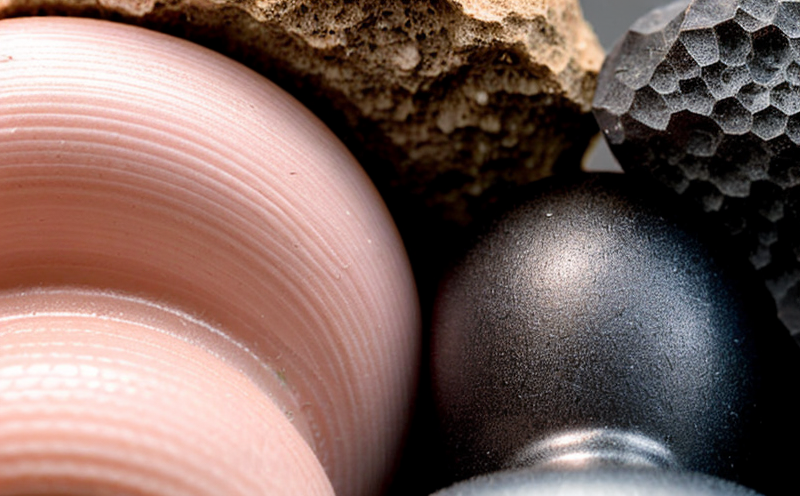Unlocking Material Properties The Importance of Micro vs. Macro Hardness Testing
In the world of materials science and quality control, understanding the physical properties of materials is crucial for businesses to ensure their products meet industry standards and regulations. One critical aspect of material characterization is measuring hardness, which determines a materials resistance to deformation or wear. However, not all hardness testing methods are created equal. Micro vs. macro hardness testing offers unparalleled insights into material behavior, making it an essential laboratory service for industries relying on precision and reliability.
In this article, well delve into the world of micro vs. macro hardness, exploring its significance, advantages, and benefits. Whether youre a materials scientist, quality control manager, or production engineer, understanding the difference between these two types of hardness testing can make all the difference in your business.
What is Micro vs. Macro Hardness?
Hardness testing measures a materials ability to resist indentation or deformation caused by an external force. There are two primary types of hardness testing macro and micro. Macro hardness refers to the overall hardness of a material, typically measured using methods like Rockwell or Brinell tests. These tests involve applying a known load on a materials surface, creating a spherical indentation that is then measured.
Micro hardness, on the other hand, measures the hardness of a specific area within a material, often at a microscopic level. This is achieved through techniques such as nanoindentation or Vickers microhardness testing. These methods involve applying an extremely small load to a very precise location on the materials surface, allowing for detailed analysis of localized hardness variations.
The Advantages of Micro vs. Macro Hardness
When it comes to understanding material properties, micro vs. macro hardness offers numerous advantages over traditional hardness testing methods
Precise Material Characterization Micro hardness testing provides a high degree of accuracy and precision, enabling researchers to analyze the hardness distribution within a material.
Improved Quality Control By identifying areas with varying hardness levels, manufacturers can optimize production processes and ensure consistent product quality.
Enhanced Materials Development Micro hardness helps scientists develop new materials with improved properties, leading to innovations in fields like aerospace, automotive, and energy storage.
Here are the key benefits of micro vs. macro hardness testing
Increased accuracy Precise measurement of localized hardness variations
Improved quality control Early detection of material defects or inconsistencies
Enhanced research capabilities Detailed analysis of material properties for development and optimization
Cost savings Reduced need for costly rework or scrap materials due to improved process control
QA Micro vs. Macro Hardness Testing
Weve compiled a list of frequently asked questions about micro vs. macro hardness testing
What is the difference between macro and micro hardness?
Why is micro hardness more accurate than macro hardness?
Can I use either type of hardness test for any material?
How do you choose between micro and macro hardness testing methods?
Are there specific industries that benefit from micro vs. macro hardness?
Get Accurate Results with Eurolabs Micro vs. Macro Hardness Testing
At Eurolab, we offer comprehensive laboratory services, including micro vs. macro hardness testing. Our state-of-the-art equipment and expert technicians ensure precise results, enabling you to optimize your production processes and develop high-quality materials.
Dont settle for inaccurate or incomplete data. Choose Eurolabs trusted laboratory services for all your material characterization needs. Whether youre seeking improved quality control, enhanced research capabilities, or cost savings, micro vs. macro hardness testing from Eurolab is the perfect solution for your business.
Learn more about our laboratory services and how we can help your business succeed().




